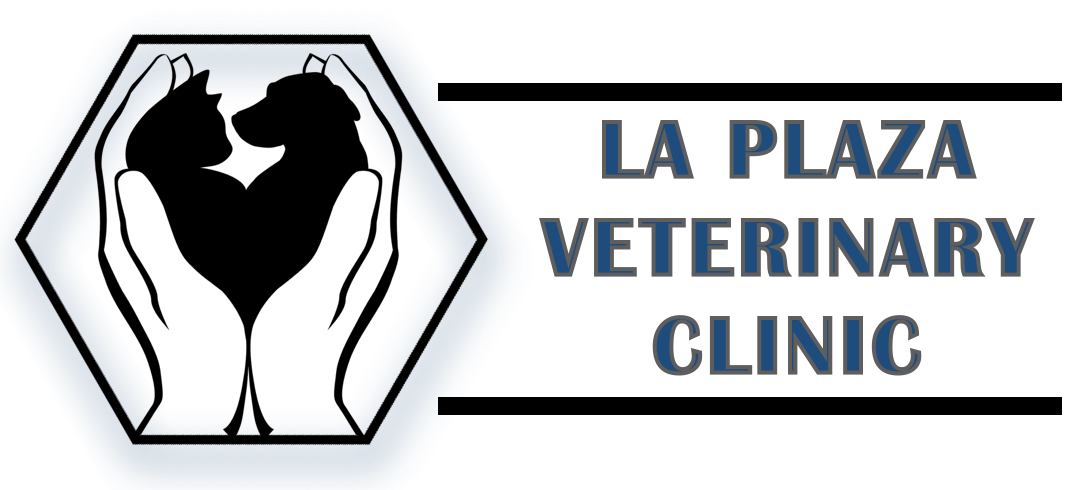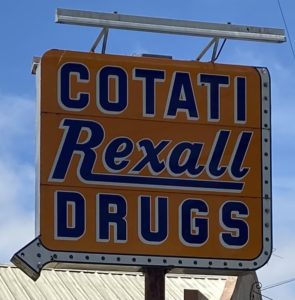Library
-
Enzymatic toothpaste (brand name C.E.T., others) is a product used at home by pet owners to aid in tooth brushing that minimizes plaque and tartar formation on the exterior of the tooth (the crown), and also assists in the maintenance of good oral hygiene. It can be used on both dogs and cats.
-
Enzymes are given by mouth and are used over the counter or as a prescription to treat digestion problems, pain, or inflammation. Give as directed by your veterinarian. Side effects may include vomiting, diarrhea, and allergic reactions. Do not use in pets that are allergic to the enzyme or the source of the enzyme. Use cautiously in pets with liver or kidney disease, or in pets that are pregnant or nursing. If a negative reaction occurs, please call your veterinary office.
-
Eosinophilic granuloma complex is a term used to describe three forms of skin lesions in cats including eosinophilic plaque, eosinophilic granuloma, and indolent ulcers. The lesions most commonly occur on the lip, sometimes resulting in disfigurement, but can also develop in the mouth or on other areas of the body.
-
Feline eosinophilic keratitis is a chronic inflammatory disease of the cornea that results in the surface of the eye appearing pink, white, or chalky. It is caused by an accumulation of inflammatory cells called eosinophils. The clinical signs, appearance, diagnosis, and treatment of this condition are explained in this handout.
-
Ephedra is prescribed most often treat breathing problems and is given by mouth. Give as directed by your veterinarian. Side effects include increased heart rate, body temperature, and blood pressure, agitation, restlessness, sleeplessness, nausea, tremors, and vomiting. Do not use in pets that are allergic, pregnant, nursing, are debilitated, elderly or young, or have glaucoma, heart disease, high blood pressure, seizures, diabetes, anxiety, enlarged prostate, liver disease, kidney disease or thyroid disease. If a negative reaction occurs, please call your veterinary office.
-
Ephedrine is most commonly given by injection (and rarely by mouth) and is used off label to treat low blood pressure and certain types of urinary incontinence. Give as directed by your veterinarian. Common side effects include restlessness, fast heartbeat, and high blood pressure. Do not use in pets that are allergic to it or in pets with severe heart disease or abnormal heart rhythms. If a negative reaction occurs, please call your veterinary office.
-
Epileptic seizures in pets are a diagnosis of exclusion and may be found in any dog but there may be some breed predispositions that are more common. The cause is often unknown. A variety of medications are available to help control the seizure activity if an underlying cause is not found.
-
Epineprhine is a drug used most often in emergency situations for animals (e.g., anaphylaxis, cardiopulmonary resuscitation/CPR). It may be added to local anesthesia drugs due to its ability to cause veins to constrict, thus delaying the body’s absorption of the drugs and prolonging the duration of the local anesthetic duration.
-
Eprinomectin + praziquantel (brand name Centragard®) is a topical (spot-on) antiparasitic drug used to treat and control hookworm, roundworm, and tapeworm infections, and to prevent heartworm disease in cats and kittens that are at least 7 weeks of age and weigh at least 0.8 kg (1.8 lb). Do not use in cats known or suspected to have two copies of the MDR1 gene mutation.
-
Erythromycin is given by mouth or injection and is used off label to treat bacterial infections and gastrointestinal motility problems in many animal species. Common side effects include diarrhea, lack of appetite, and vomiting. Do not use in pets that are allergic to it, have liver disease or dysfunction, or in pets such as rabbits, gerbils, guinea pigs, or hamsters. If a negative reaction occurs, please call your veterinary office.



